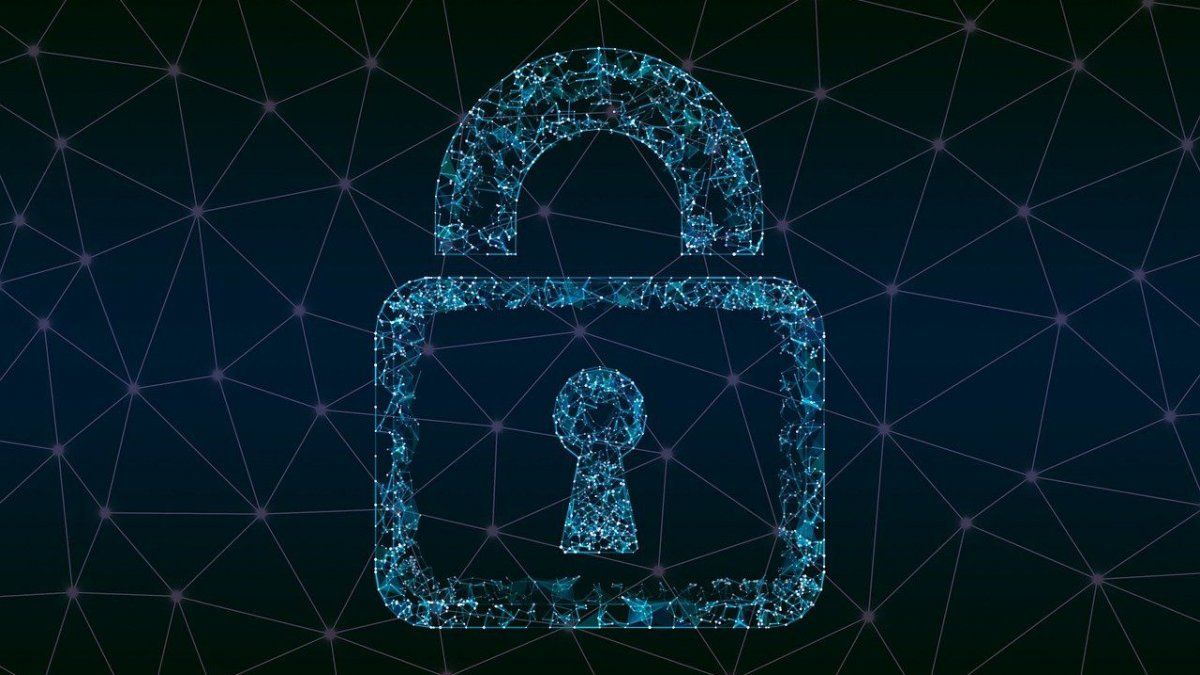In today’s digital economy, small and medium enterprises (SMEs) face the challenge of balancing their environmental, social and governance (ESG) objectives with the need to maintain robust cybersecurity and privacy measures. Ignoring ESG criteria can put a company’s cybersecurity at risk, negatively affecting its operations and reputation.
According to international surveys, such as KPMG and PWC, the ESG strategy and cybersecurity are fundamental to corporate success. However, While the environmental aspects of the ESG agenda get most of the attention, other elements such as cybersecurity and privacy are often left behind.. This is alarming and often dangerous, as cyber threats are increasing in frequency and severity, impacting operational continuity and business reputation. Managing this risk becomes completely necessary.
The impact on critical infrastructure
Critical infrastructure faces one of the most alarming risks. Power plants and water processing facilities, for example, face significant risks from cyberattacks. Attacks can cause equipment failure; environmental damage and dangers to public safety. Companies must then implement robust cybersecurity measures to protect their critical infrastructure and advanced operational technology, which makes managing this risk a necessity.
Safety and Environmental Sustainability
Decarbonization and CO2 reduction plans largely depend on digital transformation and the adoption of smart technologies. However, these solutions also open new opportunities for cybercrime, creating urgent demand for robust cybersecurity and data protection. Integrating cybersecurity into these programs can anticipate threats and ensure secure operations, while minimizing data breaches and ensuring regulatory compliance.
Risks in the Digital Economy
The increase in data processing has led to the proliferation of data centers around the world, becoming a target for cybercriminals. Attacks on the security of these centers can result in the theft of computing resources and misuse of systems, increasing energy consumption and carbon footprint. Companies must balance cyber resilience with their sustainability goals to mitigate these risks.
Social aspects and Data Protection
Social issues in ESG are critical, and cyber risks can have a significant impact on them. Cyberattacks can lead to the theft of personal information, financial fraud and social damage, in addition to disrupting critical services such as health, transportation and emergencies. To address these risks, organizations need strong privacy and cybersecurity measures, along with relevant incident response plans.
Ransomware Threats and Protection of Customer Information
Ransomware attacks are on the rise and can quickly cripple an organization’s operations and reputation. Paying ransoms only encourages more crime, creating a costly and dangerous cycle of extortion. Implementing cybersecurity measures is crucial to minimize the social and financial impact of these attacks. Additionally, protecting customer information is paramount to maintaining public trust and meeting ESG expectations.
Governance and Transparency
Governance is an essential aspect of ESG, and cyber risks can have significant implications in this area. Industry- and market-specific regulations require clear and timely disclosures of cybersecurity incidents. Organizations must measure the effectiveness of their cybersecurity and data management practices to ensure adequate governance and meet expectations for transparency and accountability.
It is essential for SMEs to recognize the interdependence between ESG and cybersecurity. By integrating these criteria into their operational strategies, they can better protect their operations, avoid unnecessary costs, and protect their customers and reputation, while meeting their social and environmental obligations. Adopting relevant cybersecurity measures in the context of ESG not only mitigates risks, but also promotes sustainable, competitive and resilient growth in the current business environment.
HRC ESG Director
Source: Ambito
David William is a talented author who has made a name for himself in the world of writing. He is a professional author who writes on a wide range of topics, from general interest to opinion news. David is currently working as a writer at 24 hours worlds where he brings his unique perspective and in-depth research to his articles, making them both informative and engaging.




